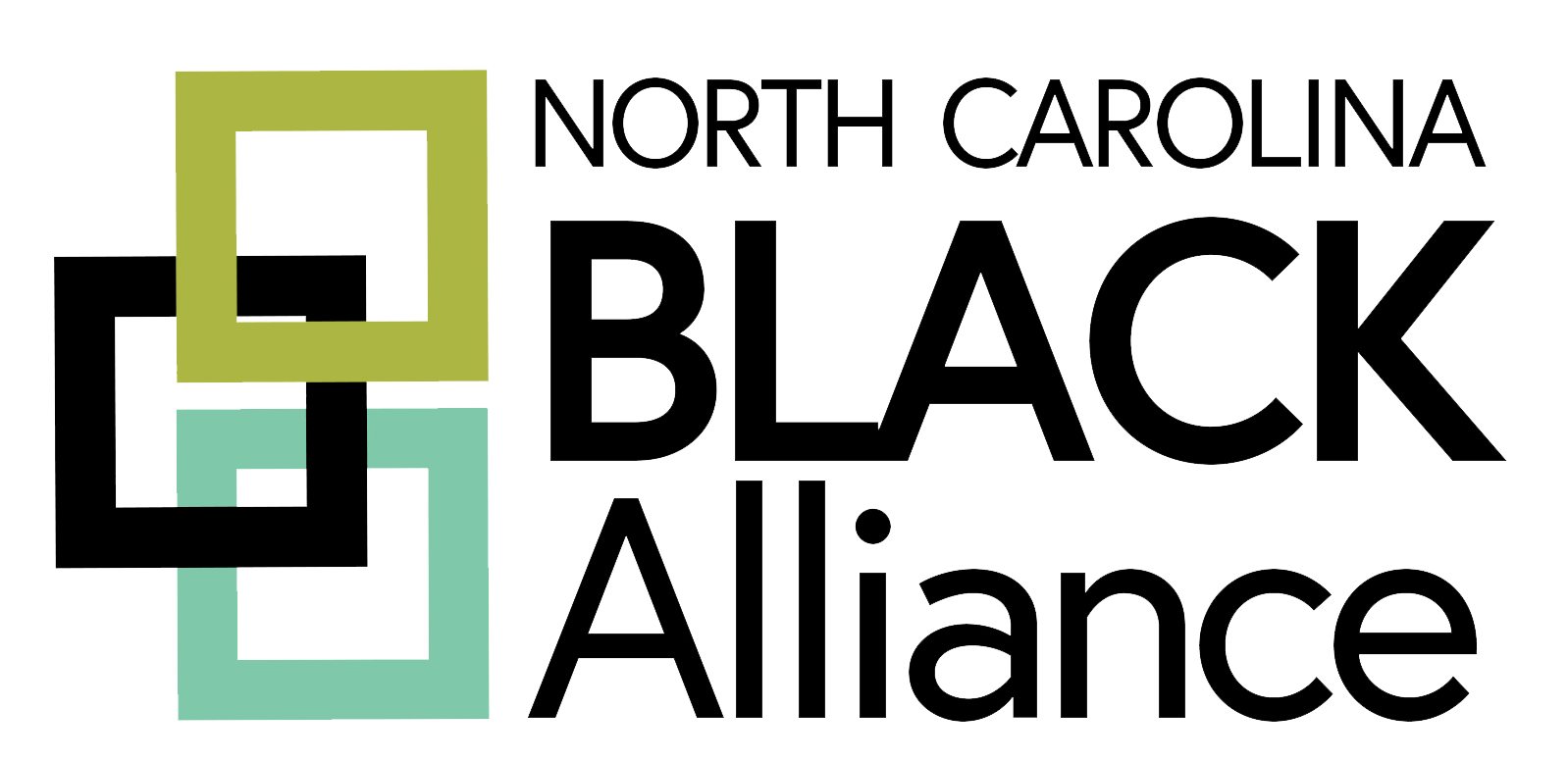Private school vouchers poised to undercut public schools
RALEIGH, N.C. — Funding for public schools in North Carolina remains suspect, with House Bill 10 (HB10) still having life, Gov. Roy Cooper’s veto notwithstanding.
The legislation would allocate half a billion dollars this fiscal year to private schools in the form of vouchers subsidizing wealthy families desiring private school education. Millions more would go to private schools in subsequent years.
Republicans have supermajorities in both chambers of the North Carolina General Assembly, which could negate Cooper’s veto and allow the legislation to pass.
HB10 becoming law would be a bad deal for students from low-income households because public schools are their only opportunities for a solid education, said Letha Muhammad, co-executive director for Education Justice Alliance and Education Justice Action. While it might look like progress for some economically disadvantaged families to benefit from the vouchers, it would not be good for the majority of North Carolina students, she said.
“The bigger picture that we must see is that the majority of Black families, the majority of brown families, the majority of families in rural communities only have access to public education that our public dollars, actually, pays into,” Muhammad said. “So when we take money from this public good, this public institution where the majority of us are actually spending our time and sending our children, we’re harming the futures of those children.”
Parents and caregivers with children in charter schools need to understand the impact HB10 would have on them, too.
“A charter school is not a private school. It’s a public school,” Taylor said.
More money going to private schools could mean less for charter schools, Taylor explained.
HB10 sets aside money for special education. But Taylor is wary of that provision, because educators in private schools don’t have to prioritize instruction for students who learn differently.
“By law, they aren’t required to,” Taylor said.
HB10 also would require sheriffs to detain undocumented immigrants charged with certain crimes, such as felonies, when it is unclear whether the person accused entered the country legally. Sheriffs would coordinate with U.S. Immigration and Customs Enforcement (ICE) for that. Proponents of the legislation say it would promote public safety, while opponents fear the cooperation with ICE could lead to deportations.
